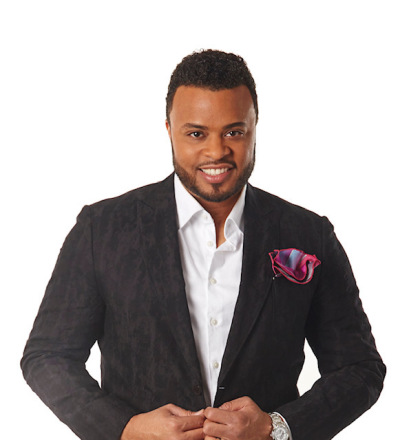A search for community over chaos: Finding inspiration from Martin Luther King Jr.
Where Do We Go from Here?: Chaos or Community? was Dr. Martin Luther King’s last tome. He famously said, “We are now faced with the fact that tomorrow is today. We are confronted with the fierce urgency of now…. This may well be [human]kind’s last chance to choose between chaos or community.”

Amid the global pandemic, the social uprising and political factions, 2020 sent citizens of the United States on a trip down memory lane, déjà vu for those who lived through the tensions of the Civil Rights Era. Additionally, the political coup of January 6, 2021, was the harshest attack on the US Capitol since 1814, during the War of 1812. That time, it was an international attack, but this time, a national political insurrection attempt.
Having become the greatest nation on earth with more than 300 million residents in the US, the stakes are higher now than during the Civil War of 1861. Abraham Lincoln’s famous scriptural quote must be taken more seriously than ever before: “A house divided against itself, cannot stand.” Only the socially blind would not see that we are staring in the face of Civil War II!
Not only does the pandemic interrupt this year’s King’s Day celebrations but also the onslaught of political and social disturbances challenges us to seriously ponder society’s unresolved issues. We must earnestly and deeply reflect on whether we will opt for chaos or community. If chaos, we are on the right road. It would be sad if we abort the nation’s highest ideals and forsake King’s dream of a Beloved Community.
The Beloved Community is heterogeneous, inclusive of people from all walks of life who coexist as one people. This vision for common good is more than a notion; it involves equal opportunity, equal access, and equal human rights. Social and political agitation dissipates in the harmony of human togetherness. To get there, the nation must undo inequitable systems, structures, and attitudes that gave rise to the current state of disunity. Some of us are privileged and others oppressed by them. While this generation did not create the heighten reality of inequities, we must take responsibility for shifting direction from chaos to community for posterity sake.
An increasingly secular society often mislocates King in a political camp when he was primarily a preacher. The theologically trained pastor and social prophet lifted his voice in the public square, speaking up for those who could not speak up for themselves. The moral substance of King’s hopeful conviction was rooted in his commitment to faith. Such hope is not merely contemplative but action oriented. Service to others is embodied hope, the greatest goal of moral education.
King confronted moral depravity with a relentless challenge to make right the wrong that human beings and society as a whole inflicts on suffering people. King’s legacy must not be merely a list of demands for change or speaking truth to power but rather a pledge to build up those whose lives are crushed by prevailing systems, structures, and dominant attitudes.
King profoundly noted that changing systems is necessary but not enough. Spiritually unregulated hearts undergird society’s fixation on power and money. King recognized — and we see this even today — that laws can only take society so far. We cannot just say we love all people and not be compelled to pursue change. It is possible to smile at the homeless and give turkeys at Thanksgiving, while benefitting from systems and structures that oppress other people. A minimum wage worker should not be working long hours and sleeping at bus stops because his or her wage does not even allow them to afford an apartment. The morally conscious must not claim to love without condemning violent acts as well as systems of injustice.
Like King, each of us must leverage our education, resources, power finances, influence, and high moral fortitude to challenge systems, structures, and attitudes that disparage the pursuit of common good. Jakes Divinity School is forming leaders for innovative leadership for a future of public witness. Society needs the next generation of leaders like King, John Lewis, Andrew Young, and others who had strong theological training and commitment to faith with a vision for community over chaos.
Let us all strive to lead like King. Let us focus on an action-oriented hope that is rooted in a heart of love and intensely focused on the pursuit of community.
Antipas L. Harris is president-dean of Jakes Divinity School, founded by Bishop T.D. Jakes. Jakes Divinity School is an online school that forms leaders for innovative ministry in the church and society.



























